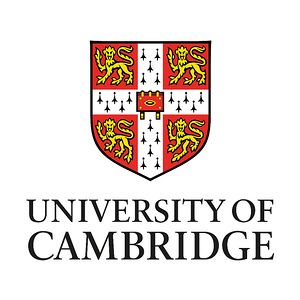University of Cambridge

A dysregulated host immune response is the major cause of morbidity and mortality during SARS-CoV-2 infection and COVID-19 disease. In early infection, the coronavirus seems to be “invisible” to the host immune system, allowing infection to progress rapidly through infected cells. Once the viral burden is high, it induces an inappropriately strong immune response which may cause severe lung damage and lead to patient hospitalisation. We do not have a clear picture of how SARS-CoV-2 interacts with the immune system.
In Cambridge we have pioneered unbiased, systematic, quantitative proteomic approaches to study how host cells are manipulated by clinically-relevant human viruses. We will apply this expertise to the study of the SARS-CoV-2 virus, to understand how SARS-CoV-2 manipulates proteins in infected cells, with particular focus on understanding its effect on the intracellular immune response. We will infect cells with the SARS-CoV-2 virus to determine how cellular proteins, including key components of the immune system, are altered upon viral infection. We are very experienced in this area, having pioneered this successful approach to study clinically important viruses (e.g. HIV).
With our collaborators we are uniquely positioned, with the required expertise and resources, to apply this approach to the analysis of SARS-CoV-2 infection. Our results will demonstrate how SARS-CoV-2 hides from the host immune system and provide a unique and timely resource to enable clinical and therapeutic studies on SARS-CoV-2. We hope that this unbiased, systems-wide approach will identify novel therapeutic targets for early intervention following SARS-CoV-2 infection.


